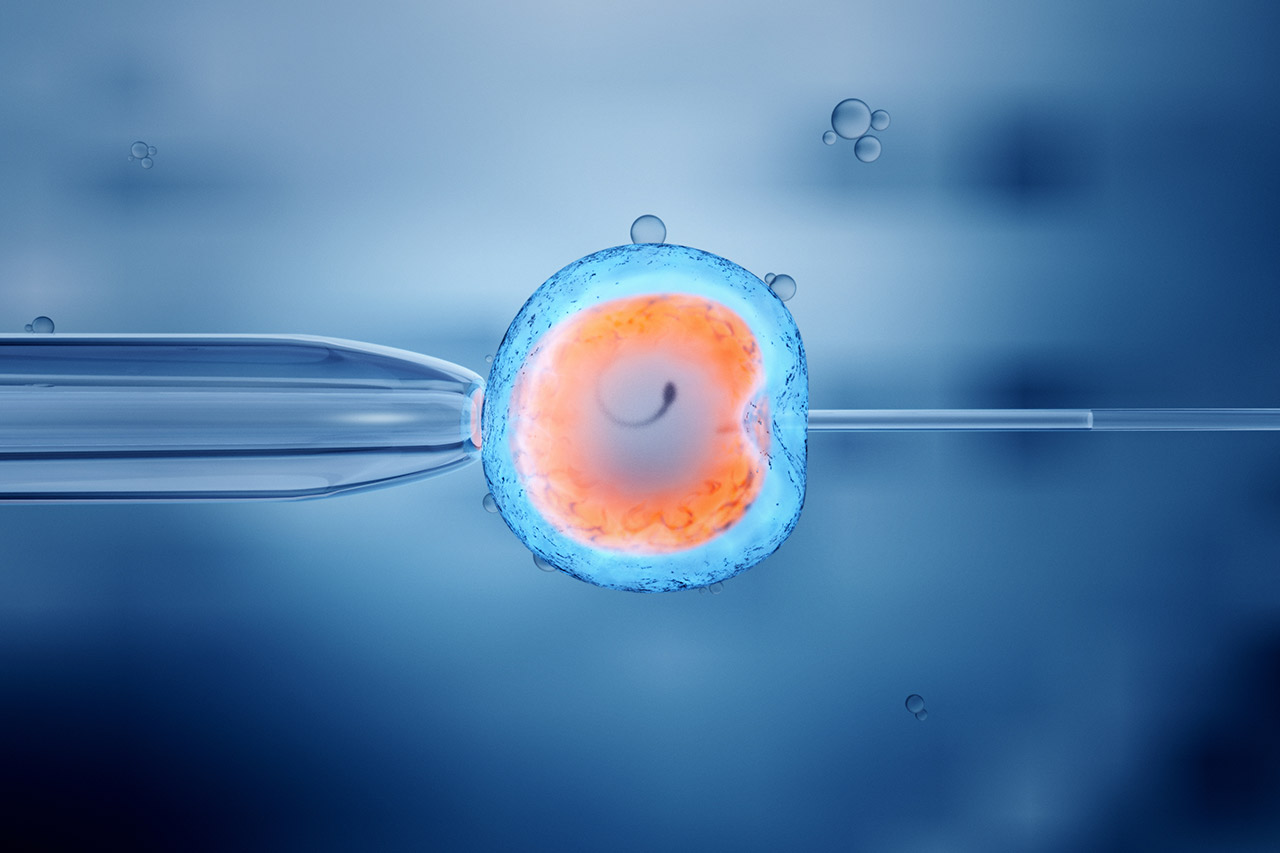Medically assisted procreation: What are the future challenges for ART and IVF centers in France?

In response to societal demands for the availability of vitrification of oocytes and access to Assisted Reproductive Technologies (ART) for all women, the French Government has initiated national discussions that could potentially lead to evolutions in the context of medically assisted reproduction in France. Beyond the related ethical issues, a different type of challenge is emerging for ART and IVF (In vitro fertilization) centers: how to organize themselves to meet the increasing demand? Alcimed, a consulting company specialized in innovation and new business perspectives looked into the key future challenges lying ahead of these centers.
In 2017, the National Consultative Ethics Committee for Health and Life Sciences (FR: Comité Consultatif National d’Ethique, CCNE) examined the societal demands for the use of medically assisted procreation in non-infertility related cases. They reflected on oocyte cryopreservation for young women, but also on the use of ART by lesbian couples or single women. This topic is still under consideration today and no official statement has been made so far in France. However, a change of the status quo could have an impact on the organization and missions of ART and IVF centers.
Giving access to oocyte vitrification and ART to all women: a topic still under discussion in France…
In France, cryopreservation of oocytes is currently possible in a few specific medical situations and after the revision of the Bioethics Laws in 2011, the three situations in which it is permitted are:
– Oocyte freezing linked to ART (IVF) treatment, for heterosexual couples only;
– In case of medical treatment and pathologies that may impair fertility (in particular chemotherapy or severe endometriosis);
– In case of oocyte donation. In order to promote oocyte donations (which was rare at the time), France allowed nulliparous women to donate oocytes.
These restrictions have led to new commercial relations with countries that allow broader oocyte freezing practices, such as Spain, Great Britain, Belgium, Italy and the United States. Private clinics outside France are implementing this technique, and companies such as Apple and Facebook are even reimbursing their employees for the procedure. However, the situation in France is also about to change. Initiated by specialists dealing with female infertility, discussions are now held to allow women to cryopreserve their gametes for future medically assisted fertilization. For the first time, in June 2017, the Academy of Medicine denounced the provisions of the Bioethics Act as well as the prohibitions prevailing in France, and recommended that the new government should allow French women to have access to these fertility practices.
In 2017, CCNE announced another step forward in the field of medically assisted procreation I related to the access of homosexual women couples as well as single women to artificial insemination with donor oocytes using ART. While nothing has been voted on so far, President Emmanuel Macron has spoken out as being in favor of a move in that direction. In addition, the Secretary of State for Gender Equality, Marlène Schiappa, announced at the end of 2017 that a text would soon be submitted to Parliament for a vote envisaged in 2019.
…are raising new challenges for the management, storage and conservation of oocytes, as well as the increased demand for follow-up within ART and IVF centers.
Discussions held on the topic in France suggest a shift towards granting access to oocyte storage to a larger population leading to an increase in the volume of cells to be frozen and stored in centers. Today, oocytes and embryos are frozen by hand by laboratory technicians using liquid nitrogen but in the event of a change in legislation and thus a large increase in demand, how will the procedure be carried out and where will the gametes be stored? In light of these issues, supporting ART and IVF centers in establishing a structure to tackle these new storage challenges appears to be a future challenge. Moreover, with the potential opening of ART access to all women, the increased demand will also raise questions about the mission and organization of ART and IVF centers. The journey of couples engaged in an ART process is considered difficult, disrupting the woman’s body, her emotions as well as libido. Couples need to be comforted, preferably through a direct dialogue with the doctor or nurse in the center where they are treated. However, even today, the staff at IVF and ART centers lacks time to answer the many questions patients have and to provide them with all the necessary information. If tomorrow the demand of ART increases, how will these centers be reorganized to meet the growing demand? Should we consider opening new centers, or should we rethink everyone’s responsibilities in order to cope with the situation?
Today, France is lagging behind its European neighbors in terms of medically assisted procreation. “It has been clear for the past decade that procreation will become a universal right in developed countries, with freedom of choice about when to become pregnant. But when you look at the current waiting lists for a simple first appointment in an IVF or ART center in France, you may wonder about their ability to cope with a future influx of patients brought in by the change in the legislation.” concludes Delphine Bertrem, Head of Alcimed’s Healthcare business unit in Paris. Supporting the ART and IVF centers to increase their capacity will definitely be a key issue if current discussions on ART move forward in a positive direction.